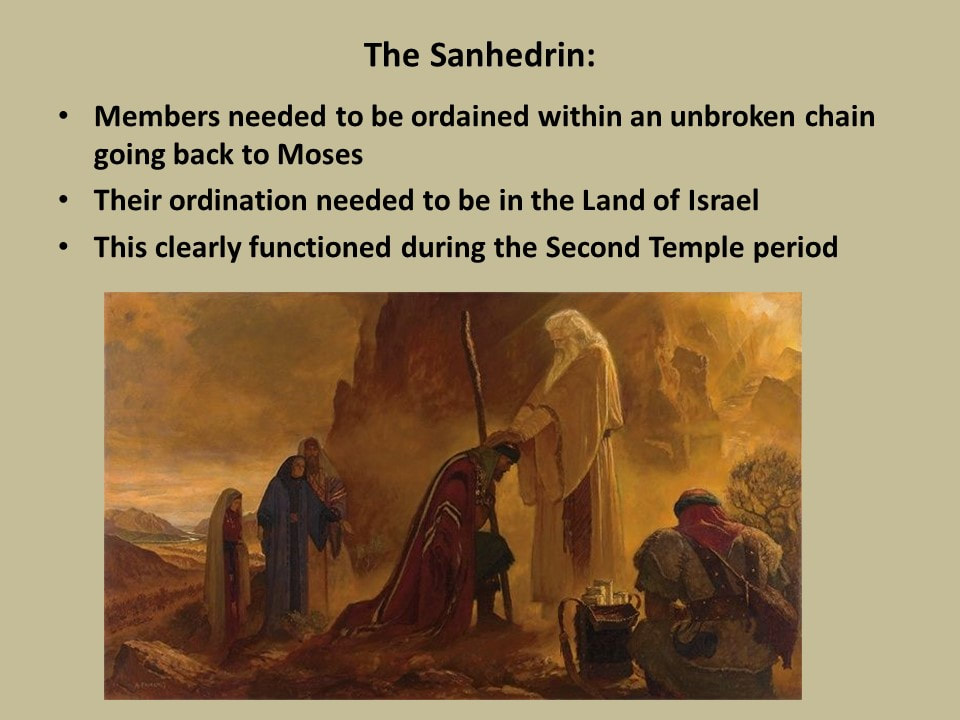Growing up, I always felt a bit intimidated by the words “Torah” and “Talmud.” They seemed like these impenetrable, ancient texts reserved only for learned rabbis and devout scholars. But as I delved deeper into my Jewish heritage, I realized that these texts are far more accessible and relevant than I initially thought. They offer a fascinating glimpse into the history, culture, and spiritual beliefs of the Jewish people, and they hold timeless wisdom applicable to everyday life.

Image: www.jccdenver.org
The Torah and Talmud are not just books; they are living documents that have shaped Jewish thought and practice for centuries. They provide a framework for understanding Judaism’s core principles, rituals, and ethical values. In this article, we’ll explore the fundamentals of the Torah and Talmud, diving into their history, content, and significance in the modern world.
The Torah: The Foundation of Jewish Law and Tradition
What is the Torah?
The Torah, often referred to as the “Five Books of Moses,” comprises the first five books of the Hebrew Bible: Genesis, Exodus, Leviticus, Numbers, and Deuteronomy. These books narrate the creation of the world, the covenant between God and Abraham, the exodus from Egypt, the journey through the desert, and the giving of the Ten Commandments. The Torah is considered the foundation of Jewish law and tradition, providing both historical accounts and ethical guidelines.
The Importance of the Torah
Beyond being a historical narrative, the Torah serves as a guide for Jewish life. It outlines laws regarding ritual practices, social behavior, dietary restrictions, and ethical conduct. The Torah’s commandments, known as mitzvot, shape the way Jews pray, observe holidays, and interact with the world.

Image: www.sjimondenhollander.com
The Talmud: The Oral Tradition and its Interpretation
Origins of the Talmud
The Talmud emerged from the oral tradition of Jewish law and interpretation. After the destruction of the Second Temple in 70 CE, Jewish scholars began codifying the oral interpretations of the Torah, known as the Mishnah. The Gemara, which literally means “completion,” serves as a commentary on the Mishnah, incorporating debates, discussions, and interpretations from generations of rabbis.
Key Elements of the Talmud
The Talmud is not a single book but a massive collection of texts, divided into two main versions: the Babylonian Talmud and the Jerusalem Talmud. It addresses a wide range of topics, from religious law to philosophy, folklore, and everyday life. The Talmud emphasizes the importance of debate and discussion, encouraging a critical and intellectual approach to Jewish tradition.
Torah and Talmud in the Modern World
The Torah and Talmud remain central to Jewish life today. While some aspects of their teachings may seem antiquated in the modern context, their enduring ethical values and philosophical insights continue to resonate. The Talmud’s emphasis on debate and analysis has made it a rich source of inspiration for Jewish intellectuals and scholars throughout history.
In recent decades, there has been a growing interest in the Torah and Talmud among both Jewish and non-Jewish audiences. The ancient texts offer valuable insights into human nature, morality, and the search for meaning in a complex world. Many modern scholars utilize these texts to explore issues of social justice, environmentalism, and global citizenship.
Tips for Engaging with the Torah and Talmud
Start with the Basics
If you’re new to the Torah and Talmud, it’s best to start with a beginner’s guide or a translation tailored for modern readers. There are numerous resources available, including online websites, books, and study groups.
Join a Study Group
A study group provides a supportive and interactive environment for engaging with these texts. You can learn from others, share your insights, and delve deeper into the complexities of the material.
Focus on Specific Topics
The Torah and Talmud cover a vast range of subject matter. If you’re interested in a particular topic, such as ethics, law, or philosophy, you can focus your study on those areas.
FAQs about the Torah and Talmud
Q: Are there different interpretations of the Torah and Talmud?
A: Absolutely. Jewish tradition encourages multiple interpretations of the texts. Depending on historical context, cultural background, and individual perspectives, different groups and scholars offer diverse readings of the same passages.
Q: How can I access the Torah and Talmud?
A: You can find translations of the Torah and Talmud online, in libraries, or in bookstores. There are also numerous study guides, commentaries, and resources available to aid in your understanding.
Q: Is it necessary to be Jewish to study the Torah and Talmud?
A: Not at all. These texts offer insights into human nature, ethics, and spirituality that can be appreciated by anyone, regardless of their background or religious affiliation.
Torah And Talmud
Conclusion
The Torah and Talmud are essential pillars of Jewish tradition, offering both historical accounts and timeless wisdom. Whether you are a Jew looking to deepen your understanding of your faith or someone interested in exploring ancient texts and their relevance to our modern world, these books provide a rich and compelling journey into Jewish thought and the enduring search for meaning.
Are you curious about the Torah and Talmud? What questions do you have about these fascinating texts?






